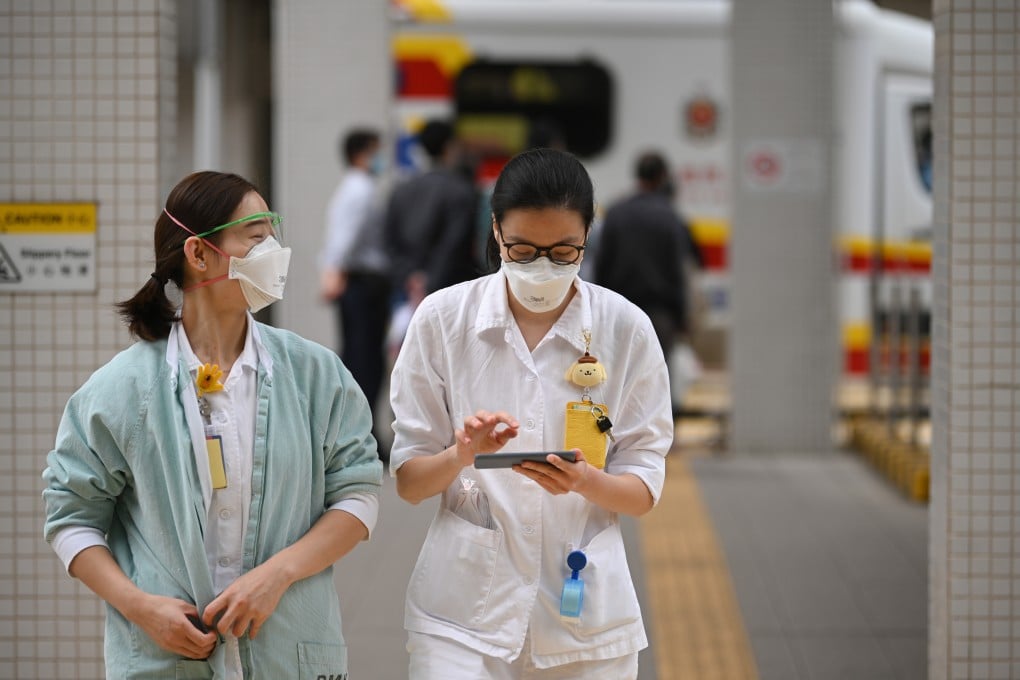Opinion | Relaxing the rules on doctors trained overseas will ease Hong Kong’s shortages, but only in the short term
- The government’s proposal to allow more foreign-trained doctors is expedient but, ultimately, Hong Kong has to train more doctors of its own and explore technology to complement the city’s health care

Hong Kong’s lack of doctors is once again at the forefront of public debate. After a private member’s bill to relax the rules admitting foreign-trained doctors was introduced by Executive Council member and Liberal Party lawmaker Tommy Cheung Yu-yan, Chief Executive Carrie Lam Cheng Yuet-ngor weighed in on the issue.
This is not only lower than Singapore’s ratio of 2.4, but also the lowest among the world’s mature economies. A minimum ratio of 3.4 doctors per 1,000 residents is recommended by the Organisation for Economic Cooperation and Development (OECD). In other words, we should double the number of doctors we have.
Hong Kong’s public hospitals are short of about 660 doctors but our annual number of medical graduates barely totals 500. If the exodus of public hospital doctors to the private sector witnessed in past years continues, the cumulative shortfall may result in a major crisis.

